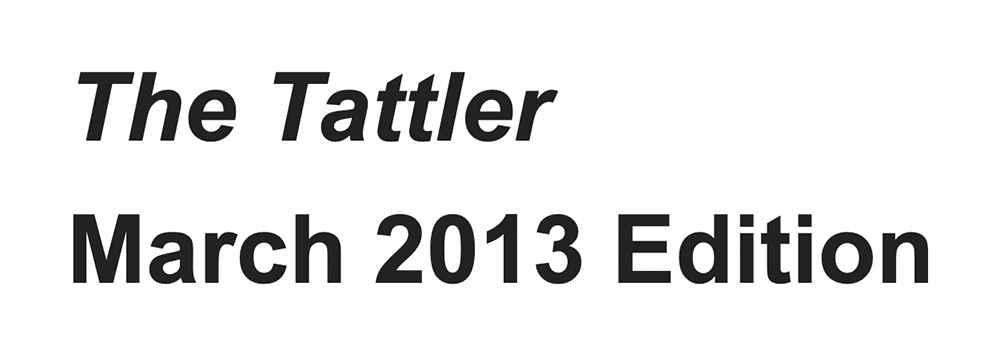Editor’s Note: Other Flyer writers will occasionally share this space.
During a 2014 advanced fiction workshop my senior year at Rhodes College, our professor stopped speaking mid-lecture and turned to look at me. For several uncomfortable moments, his gaze lingered on my frame, eyes raking up and down as I began to squirm in my seat. Had I done something wrong? Looked too disinterested? Started nodding off, perhaps?
“You are a meerkat,” said the late, great Mark Behr, in his inimitable South African accent, as I sat there looking like a, well, meerkat in the headlights. “You really look like one.” Another classmate also failed to escape animal classification later in the semester, drawing comparisons to an antelope.
I’m still not sure whether I took that as a compliment, an insult, or brushed it off as a simple in-the-moment observation. But that little tidbit has stuck with me for years. When Contemporary Media (the Flyer’s parent company) began using Slack in 2017, I had yet to procure a decent professional headshot. So, rather than dig up an old photo of higher-ed debauchery from my social media pages, I trawled Google until I settled on a fine-looking close-up of a majestic-looking meerkat, gazing determinedly off into the distance, to use as my avatar instead (more businesslike than the smiling meerkat pictured here). As the years ticked by, and Covid turned us from an in-office operation to a remote one, that little meerkat photo became the only visual component of my daily interactions with my colleagues. As writers left for different pastures and fresh journalists came through our “doors,” I started wondering if they even knew what I actually looked like. Or if their one visual reference, that darn meerkat, was how they pictured me.
It got me thinking of a show I used to watch as a kid, Animal Planet’s Meerkat Manor, which followed a specific family of mongooses (mongeese?) as they struggled for survival in the harsh Kalahari Desert of South Africa. Scrounging for resources, competing for territory … heck, it almost sounds like journalism in the 21st century. Maybe I am kind of like a meerkat, after all? Looking around at the industry, it’s a similarly bleak picture. Newsrooms are smaller, and it seems like you can’t go online without seeing news of another round of mass layoffs, or of writers replaced with shoddy AI application.
Others can talk about these sweeping issues more eloquently than I, so I won’t harp on it. But a smaller staff means more bases to cover per individual, and it got me thinking of the many hats I’ve worn in my near-decade at Contemporary Media. There’s the writing and editing, of course. But I need to remind myself that there’s been event planning, billing, mailroom management, accounting, social media, web management, photography, and plenty of other professional responsibilities that I’ve either forgotten or repressed.
It’s left me with quite a messy head of hat hair. And in a less amusing way to put it, having your focus split in so many different directions all the time can make it feel like the walls are closing in. But that’s the nature of the industry today, if you want to stay competitive. And it makes me truly appreciative of all the behind-the-scenes hard work that every member of our team puts in every day.
But the thing about meerkats (yes, them again) is that they’re social creatures. And while companies calling their staff “families” makes me want to hurl, this job has let me make a lot of really cool friends and connections, ones who will let me off with a roll-of-the-eyes when I make my fifth lame joke of the day on Slack, or never complained when I crunched on wasabi peas for hours at our old Downtown office.
All this is to say that this meerkat will be leaving the manor, with February 16th as my last day at Contemporary Media. I’ll be embarking on a new professional adventure later this month, so if you’re one of the several people that enjoys my weird brand of writing, stay tuned. It still hasn’t sunk in that I’m leaving what has essentially been 100 percent of my professional career, but here we are. It will be strange not logging on to Slack to Shara Clark’s “Good morning, all!”, or Michael Donahue constantly reminding everyone that his birthday is coming up on February 1st even though it just happened two weeks ago. But what I really look forward to is picking up the Flyer every Wednesday morning as a fan. And not having to worry about fixing a dang thing.







